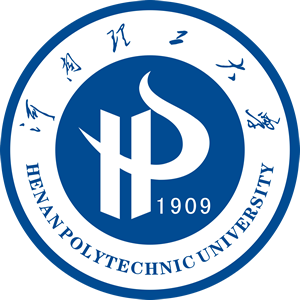
地址: 河南省焦作市高新区世纪路2001号[454000] Tel: 0391-3987069 E-mail: zkxb@hpu.edu.cn,skxb@hpu.edu.cn |

请您访问
|

社会科学版
|
| 供稿: 郑海霞 | 时间: 2018-12-05 | 次数: |
作者:郑海霞
作者单位:华北水利水电大学外国语学院
摘要:美国华裔作家借用多样的中国文化元素,用英语表述其在美国生存体验和精神状态的跨文化创作,可以被视为一种"文化翻译"的实践行为。在"文化翻译"的实践中,他们自然担当起文化译者的职责,但他们当中的绝大多数对中国并没有亲临体验的实际经历,只是少数有过短暂的回国寻根之旅。因此,他们对中国了解和认知不可避免地蒙上了一层神秘朦胧的面纱,但他们为什么还要执意充当中国文化的翻译者和诠释者呢?他们的"文化翻译"杂合文本背后隐藏的象征性权力:话语权的争夺、"解殖民"做出的努力和混合杂糅身份的塑造,可予以解释和说明他们的书写意指。
DOI:10.16698/j.hpu(social.sciences).1673-9779.2017.03.009
分类号:H315.9;I046
Abstract:Chinese American writers express their living experiences and mental states by using various Chinese elements in English. Their creation can be regarded as a cross-cultural writing. This can also be identified as a practice of “culture translation”. These writers accordingly take the role of cultural translators. But they do not have the actual memory of China, except a few of them who made a short trip to their home country. Their understanding and conception of China are undoubtedly covered with a layer of mystery. But why do they willfully want to be the translators and interpreters of their cultural home country? These lie behind their hybrid literary creation such as the striving for discourse power, the attempts to deconstruct the colonialism, the shaping of hybrid identity may account for their writing significations.